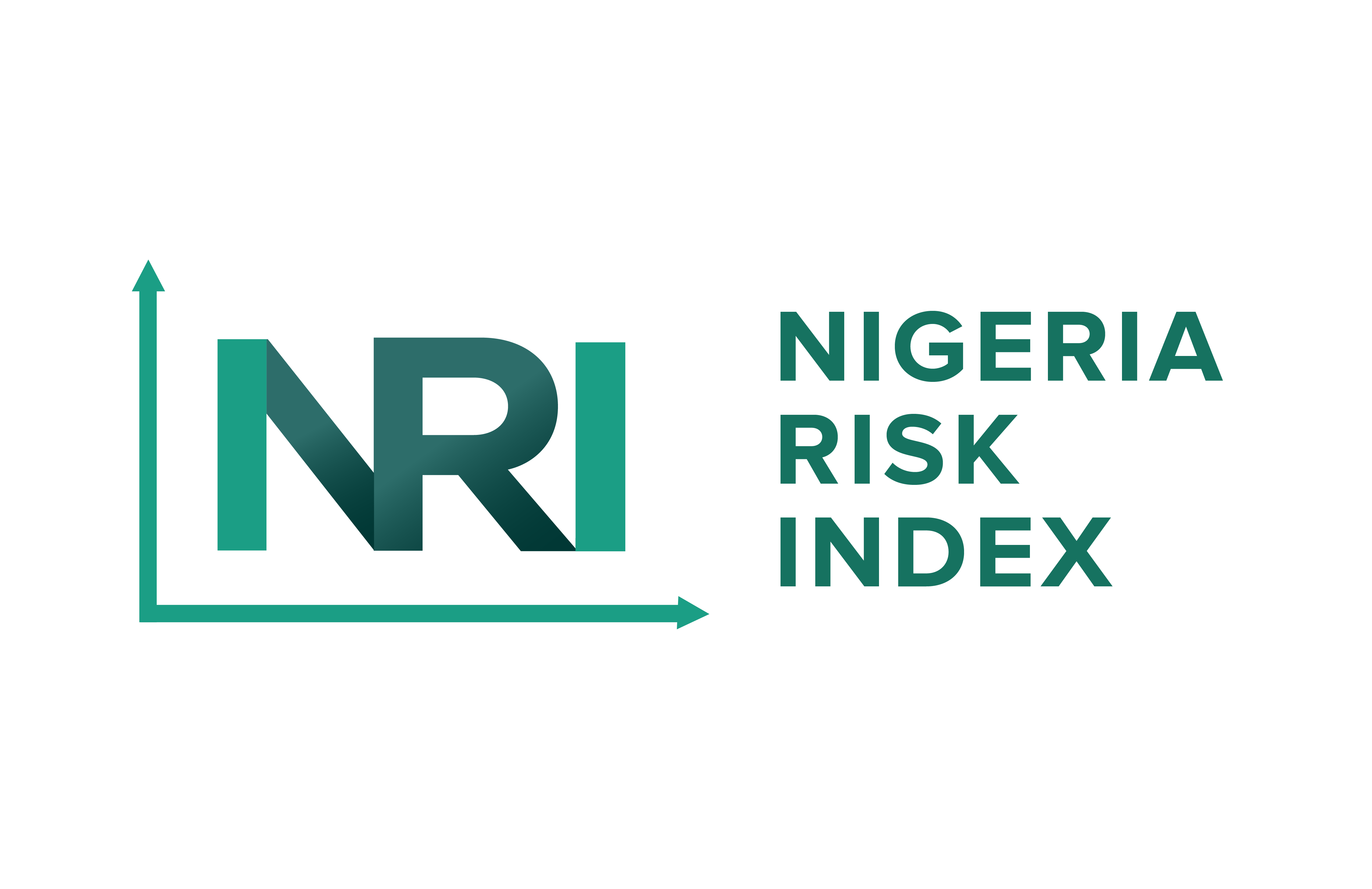Insights
Nigeria's Middle Belt, a region where religion and ethnicity intersect in a complex tapestry, has become a hotspot for deadly communal clashes. These conflicts, primarily between nomadic Fulani herders and Christian farming communities, have devastated the region, leaving scars that run deep.
The roots of this violence lie in a complex web of factors such as desertification which has exacerbated the issue, pushing herders further south in search of grazing land, often encroaching on farmlands. This factors also includes competition for resources and has in the past further inflamed by religious and ethnic differences, creating a combustible situation. Some of these factors are further described below.
Climate Change and Environmental Stress: Environmental changes, including desertification and erratic rainfall patterns, have made arable land and water increasingly scarce. Herders are forced to move further south into farming regions, intensifying competition for these dwindling resources.
Population Growth: Rapid population growth adds further pressure on the land. As the population expands, the demand for food and livestock increases, leading to more land being cultivated and less available for grazing.
Political and Ethnic Tensions: Historical ethnic and political tensions between communities exacerbate disputes. Political manipulation and favoritism can deepen mistrust and foster conflict.
Competition for Land and Resources: The primary cause of conflict is the competition for land and resources. Farmers and herders both rely on land for their livelihoods, but their needs often conflict. Farmers require land for cultivation, while herders need it for grazing.
Weak Governance and Legal Frameworks: Ineffective governance and inadequate legal frameworks fail to address land rights and resource management. This often leaves conflicts unresolved and allows them to escalate.
.png)
Source: Nigeria Risk Index
The Nigeria Risk Index data has shown that between 2018 and July 2024, Benue state has recorded the highest incidents on Communal & Boundary violence in the middle belt.
Recent Clashes
Recent events underscore the severity of the crisis. In July 2023, Plateau State witnessed some of the worst violence in recent memory. Clashes between herders and farmers displaced over 80,000 people and claimed around 300 lives. Another gruesome episode in May 2023 saw over 100 people killed in Plateau State. These incidents are part of a tragic pattern of violence that has plagued the region for years.
- Benue State Clashes: Benue State has been a hotspot for clashes. In January 2018, an attack by suspected herders in Guma and Logo local government areas resulted in the deaths of over 70 people and displacement of thousands.
- Plateau State Violence: Plateau State has also seen significant violence. In June 2018, over 200 people were killed in a series of attacks on predominantly farming communities by suspected herders.
- Nasarawa State Incidents: Nasarawa State has witnessed frequent skirmishes. In March 2021, clashes between herders and farmers in the Obi local government area led to several deaths and the destruction of properties.
- Kaduna State Conflicts: Southern Kaduna has experienced ongoing violence. In August 2020, attacks by suspected herders in the Zangon Kataf local government area resulted in dozens of deaths and significant displacement.
The Humanitarian and Economic Toll
The clashes have caused a severe humanitarian crisis. Thousands have been killed, and many more have been displaced, leading to overcrowded IDP (Internally Displaced Persons) camps and inadequate access to basic services. In terms of Economic disruption, agriculture, the mainstay of the Middle Belt's economy, has been severely disrupted. Farmland destruction, loss of livestock, and instability deter investment and reduce productivity. This conflict has also caused a social fragmentation that has deepened ethnic and religious divides, fostering a culture of fear and mistrust among communities. This fragmentation makes reconciliation and peacebuilding efforts more challenging. These clashes in the middle belt have also caused Political instability. This persistent violence undermines political stability and governance. Authorities are often seen as ineffective or biased, reducing public trust in governmental institutions.
Stemming the Tide: Preventive Measures
The situation demands a multi-pronged approach. On the ground, initiatives promoting dialogue and reconciliation between communities are crucial. Concurrently, the government needs to address the underlying causes. This includes exploring solutions like designated grazing zones, creating incentives for settled grazing practices, and fostering better communication between herders and farmers.
Strengthening Governance and Legal Frameworks: Effective governance and clear legal frameworks for land and resource management are essential. This includes transparent land tenure systems and mechanisms for dispute resolution.
Improving Security and Law Enforcement: Enhancing the capacity of security forces to respond to and prevent violence is crucial. This includes better training, equipment, and a focus on impartiality and human rights.
Promoting Dialogue and Reconciliation: Establishing platforms for dialogue between farmers and herders can help address grievances and build trust. Community-based peacebuilding initiatives are vital for long-term reconciliation.
Addressing Climate Change: Implementing policies to mitigate the effects of climate change, such as sustainable agricultural practices and water management, can reduce resource competition.
Economic Empowerment: Providing alternative livelihoods and economic opportunities can reduce dependency on land and resources, thereby decreasing the likelihood of conflict.
Early Warning Systems: Developing and implementing early warning systems can help predict and prevent clashes. These systems should involve local communities and utilize technology for timely interventions.
The Path Forward: A Delicate Dance
Communal clashes in Nigeria's Middle Belt are complex and multifaceted, driven by competition for resources, environmental changes, and socio-political factors. The future of Nigeria's Middle Belt depends on addressing these issues effectively. Security measures alone are insufficient. By fostering understanding, creating economic opportunities, and ensuring justice for those affected, Nigeria can take crucial steps toward a more peaceful future for the region.

The Risk Control Team
Related Blog Posts
- GENOCIDE OF CHRISTIANS – IS NIGERIA GUILTY AS CHARGED?
- Is Nigeria under President Tinubu’s Administration, Finally Controlling Its Economic Risks?
- Nigeria's Cybercrimes Act 2025
- Northern Nigeria’s Peace Deals With Bandits: Truce or Time Bomb?
- The Dangote-Transporters Impasse: A Clash of Modernisation and Tradition
